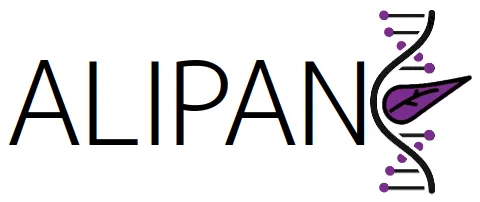The New Therapies in Cancer research group is multidisciplinary, with a team structure that reflects transversal capabilities and skills (oncologists, biologists, pathologists, biotechnologists, etc.), and allows integrated approaches to achieve the proposed objectives. Our goal is to perform a multifaceted investigation of the tumorigenic process at the basic, translational and clinical levels.
We participate in a National Networked Research program, through the Center for Biomedical Research in Cancer Network (CIBERONC), and also in other cooperative groups of clinical research in cancer, thus providing an excellent framework for collaboration and interaction with other research groups. We develop several lines of study aimed mainly at addressing new clinical challenges in the application of new targeted therapies in oncology. We conduct research in various clinical and experimental areas. One of them focuses on the identification of clinical or molecular factors useful for predicting clinical evolution, response or toxicity in cancer treatment. In this sense, we have recently initiated a line of research where we apply liquid biopsy for the development of tools that can improve the diagnosis, prognosis and monitoring of the response to treatment of patients with pancreatic cancer. We believe that our ability to perform clinical studies, and also our experience in liquid biopsy, may be relevant when approaching collaborative projects in the context of ALIPANC.
In summary, the New Therapies in Cancer research group is a multidisciplinary team with transversal capabilities, committed to cancer research at the basic, translational and clinical levels. Our participation in national research networks and collaboration with other groups provides us with an environment conducive to knowledge sharing and collaboration. We are focused on addressing new clinical challenges in oncology and are exploring the use of liquid biopsy to improve the diagnosis and treatment of pancreatic cancer.


